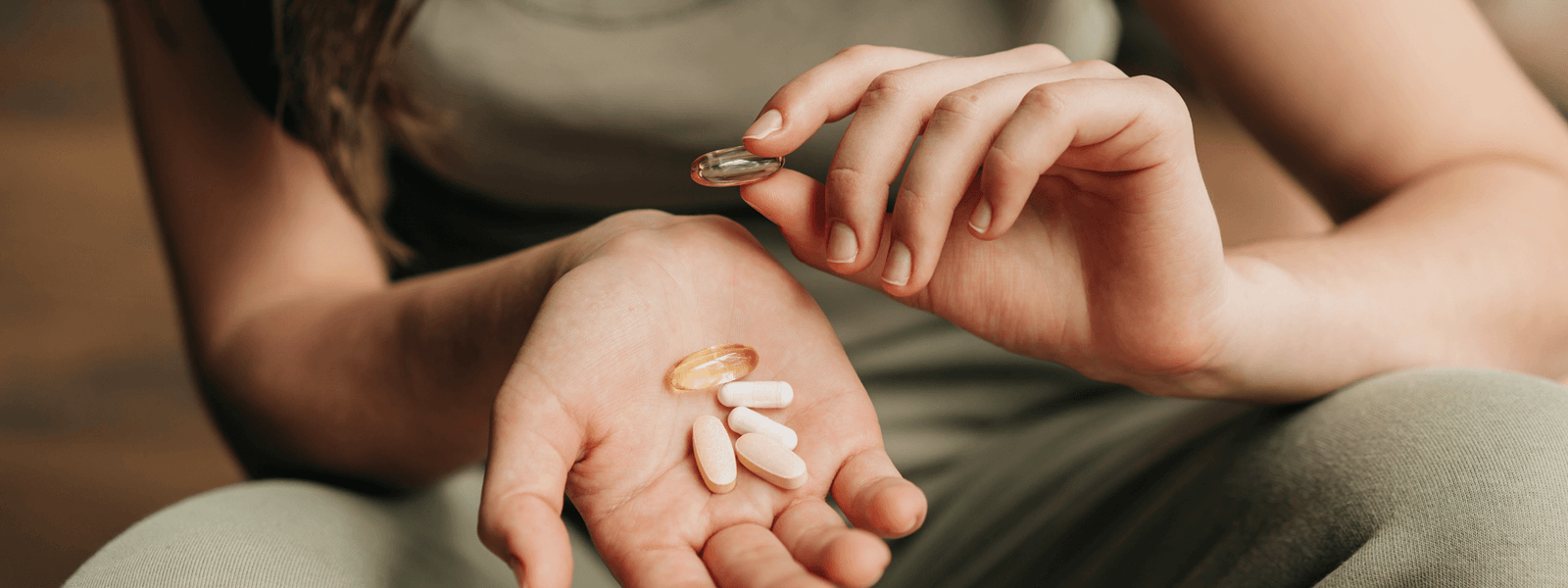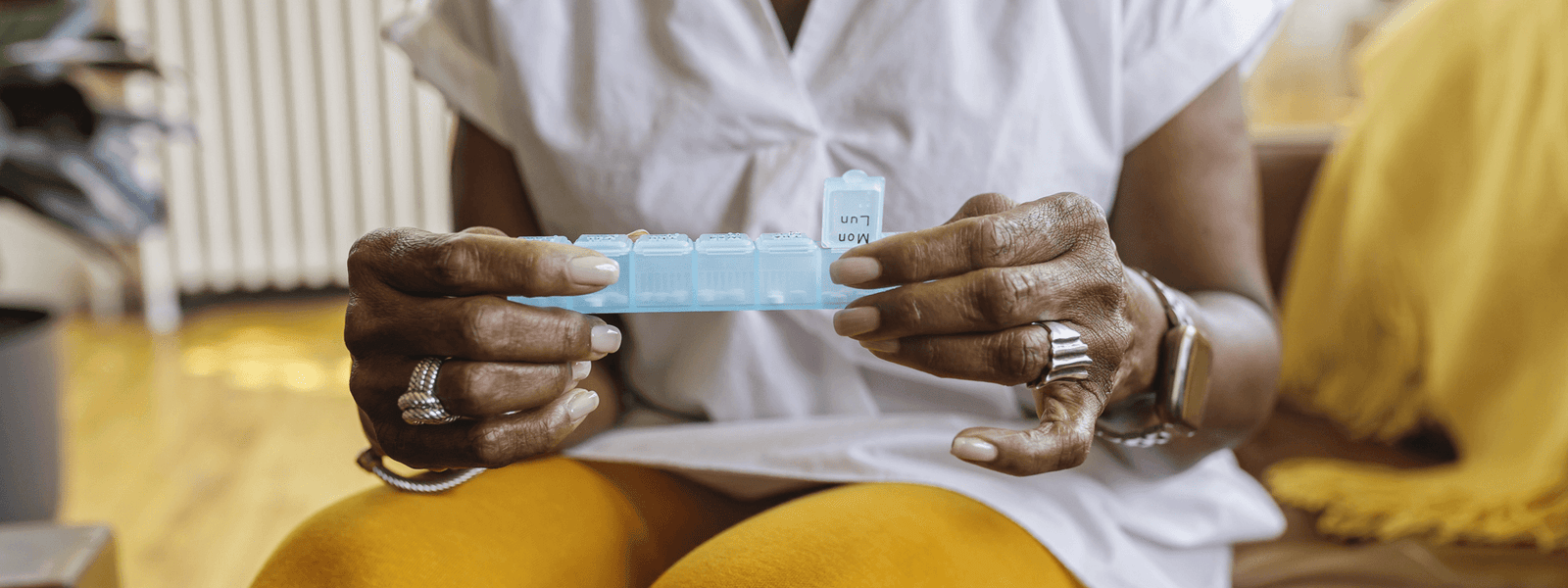Did you know that as many as 64 million Americans (Ref. 1), about 1 in 3 people, regularly experience insomnia for a wide range of reasons? With all that exhaustion in the air, there has never been a better time to take a closer look at the importance of a good night’s sleep.
The Big Sleep
Every night, you give the body a chance to rest and recover from the day’s events, however, while your eyes are rested, your body is actually working hard at some stages. One of them is called the NREM3 sleep stage (non-rapid eye movement), during NREM3 sleep, the body rebuilds and repairs muscles, and tissues and releases a wide range of hormones to promote cell growth and development. (Ref. 2).
If you lack sleep or experience restless sleep, your body can miss out on the NREM3 sleep significantly, which affects the body's ability to repair and restore energy. It can also affect your immune system (Ref. 1), leaving the body more vulnerable to infections, and increasing the risk of depression, obesity, and diabetes (Ref. 3).
The Story Behind Bad Sleep
If you are struggling with poor or interrupted sleep, you may want to address these to prevent disruptions (Ref. 4):
- Sleep hygiene. A clean bed with fresh sheets can do wonders for a good night’s sleep. Investing in a good mattress and pillow is also a must.
- Pets in bed. While pets can offer company in bed, they may cause sleep disruptions resulting in a poor night’s sleep.
- Alcohol before bed.While it might seem that a drink or two helps you fall asleep faster, alcohol tends to disrupt sleep rhythms, so even if you fall asleep quickly, you may wake up a few hours later, and face a struggle falling back to sleep.
- Eating too close to bedtime. It takes around 2 hours for the body to digest food. When you eat before going to bed, your sleep quality may be affected as the body is still focusing on digestion.
Tips for a Restful, Restorative Night
There are things that can help you fall asleep faster and stay asleep longer.
1. Routine
Going to bed and getting up at set hours every night (Ref. 1) can make a big difference, experts say, as can skipping naps that may prevent you from falling asleep later. Getting regular exercise, especially vigorous exercise, can also help encourage a good night’s sleep.
2. Maintain your nest
In your bedroom, create a cozy environment that’s conducive to sleep. Keep electronics and TVs out of the room.
3. Avoid dependencies
While you might be tempted to pop a sleeping pill, dependency is a real issue, and the risks are high. Numerous people have reported injuries from driving or other activities they performed while under the influence of prescription sleeping pills when they thought they were asleep.
4. Embrace natural remedies
Some natural sleep aids include warm milk, lean turkey, or natural supplements.
References:
- http://www.xtend-life.com/product/Neuro-Natural_Sleep.aspx
- http://sleepfoundation.org/how-sleep-works/what-happens-when-you-sleep
- http://www.webmd.com/sleep-disorders/features/not-enough-sleep-7-serious-health-risks
- http://www.webmd.com/sleep-disorders/features/6-surprising-sleep-wreckers


 Supplements
Supplements Superfoods
Superfoods Bundles
Bundles









